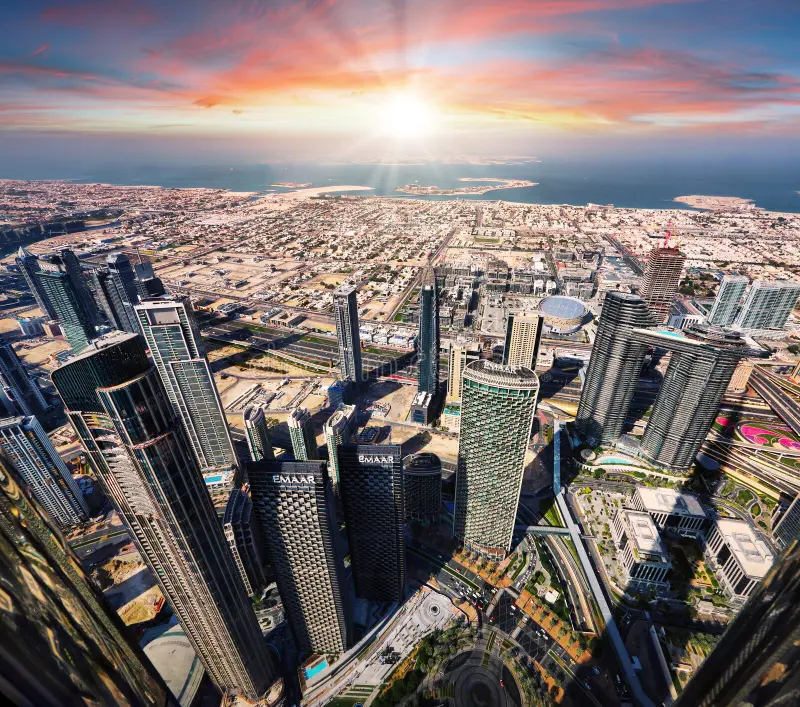نحن هنا لمساعدتك!
اترك رسالة واحصل على إجابة شخصية

في دبي، لا يقتصرتأثير جسر جديد أو تمديد للمترو أو طريق سريع على تقليص وقت التنقل فقط، بل يعيدرسم خريطة العقارات. يدرك المشترون والمستثمرون ذلك جيداً: فبمجرد الإعلان عنمشروع بنية تحتية رئيسي، غالباً ما يقفز الطلب على العقارات قيد الإنشاء فيالمناطق المجاورة. وفي عام 2025 أصبح واضحاً أكثر من أي وقت مضى أن البنية التحتيةهي أحد أقوى المحركات التي تشكّل الطلب العقاري في المدينة.
قد يعدك المطورونبالكثير — حدائق، مرافق، أسلوب حياة — لكن العنصر الفعلي الحاسم هو ما يقع خارجأسوار المشروع.
فالمشروع الذي يبعدعشر دقائق عن محطة مترو جديدة يبدو أكثر قيمة من مشروع ضعف حجمه لكن معزول. ومجتمعفلل مرتبط بطريق جديد يتحول فجأة إلى استثمار ذكي بدلاً من “كابوس تنقل يومي”.
قصة دبي تُروى عبرالبنية التحتية: شارع الشيخ زايد جعل العيش في الأبراج ممكناً. خط المترو الأولغيّر أنماط الإيجار في المدينة. بنية إكسبو 2020 فتحت مناطق جديدة كلياً مثل دبيالجنوب. وكل رابط جديد — طريق أو مترو أو حتى مساحات مشاة — يخلق موجة أسعار حوله.
المشترون في المشاريعقيد الإنشاء يفكرون بالمستقبل. فإذا كان المترو سيُفتتح بعد عامين، فهذا يتوافق معمشروع سيسلَّم بعد ثلاث سنوات. عندها يصبح الاستثمار أكثر جاذبية. أما العقاراتالجاهزة، فالقيمة المستقبلية غالباً تكون مسعّرة مسبقاً.
“الطريق الجديد رحيوفّر 15 دقيقة”، “المترو رح يكون قدام المشروع”، “رح يفتح مول كبير قريباً” — هذههي الجمل التي تسمعها من المستثمرين. الأمر يتعلق بالإيجار وإعادة البيع أكثر منمجرد الراحة.
بعض مشاريع البنيةالتحتية تتأخر، مما يربك المشترين الذين ينتظرون عائداً سريعاً. لكن على المدىالطويل، عادة ما تثبت أنها رهان رابح.
هذا في النهاية يتعلقبالعيش اليومي: والد يختصر 20 دقيقة من مشوار المدرسة، موظف شاب يستخدم المتروبدلاً من السيارة، أو عائلة ترى أن السكن في الضواحي أصبح ممكناً.
في دبي، البنيةالتحتية لا تدعم العقارات فقط — بل تعيد تشكيلها. وكل جسر أو مترو جديد يخلق موجاتتؤدي غالباً إلى عوائد حقيقية لمشتري العقارات قيد الإنشاء.








اترك رسالة واحصل على إجابة شخصية